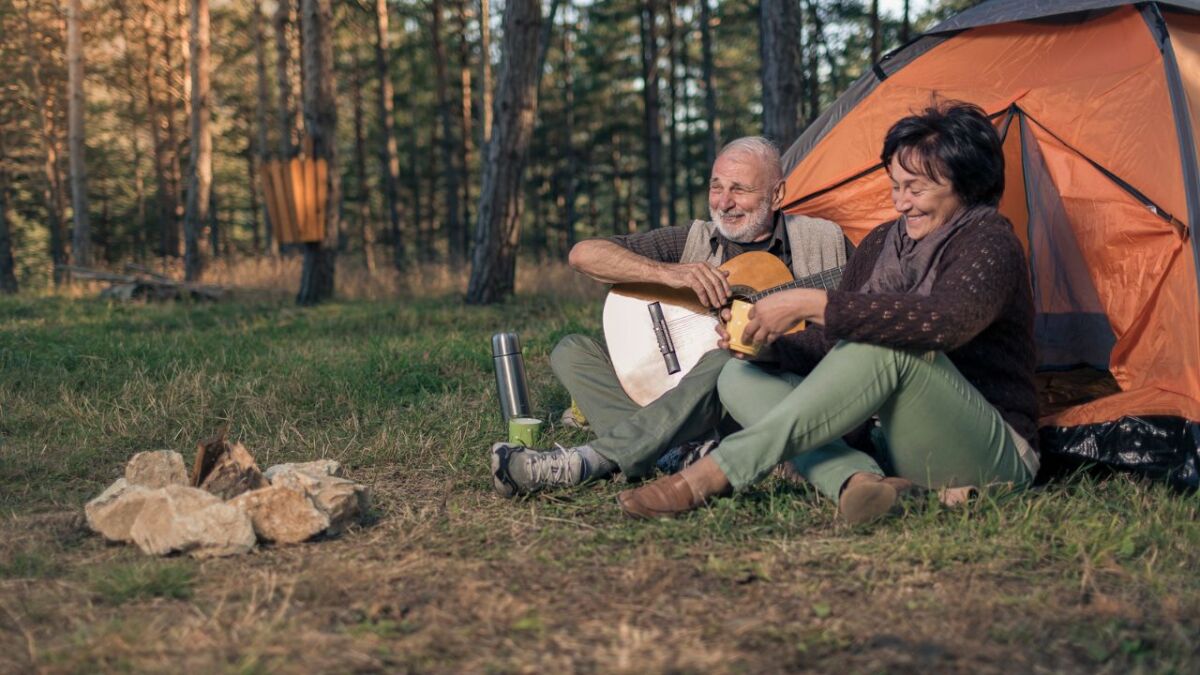
For a great camping experience: 15 common camping problems (and how to avoid them)
👉 The key facts from this guide
- Get informed about the weather and take precautions to protect yourself from unforeseen conditions.
- Ensure comfortable sleeping arrangements for restful nights.
- Maintain hygiene by bringing portable toilets, sinks, or camping showers.
- Plan cooking and food supply to sustain yourself during camping.
- Organize your equipment well and limit yourself to the essentials to save space.
- Take safety precautions, such as bringing a first aid kit and emergency supplies.
I know that camping is a great way to enjoy nature and relax from everyday life.
But there are also some challenges and problems that campers often face.
That's why I thought I would put together a list of the 15 most important challenges and their solutions for you, so that you are better prepared the next time you go camping.
Especially for people starting with camping, this guide will be worth its weight in gold. Read it carefully and then put everything into action with a plan.
1. Problem: Weather conditions
Unforeseen weather, such as heavy rainfall or extreme heat, can affect the camping experience.
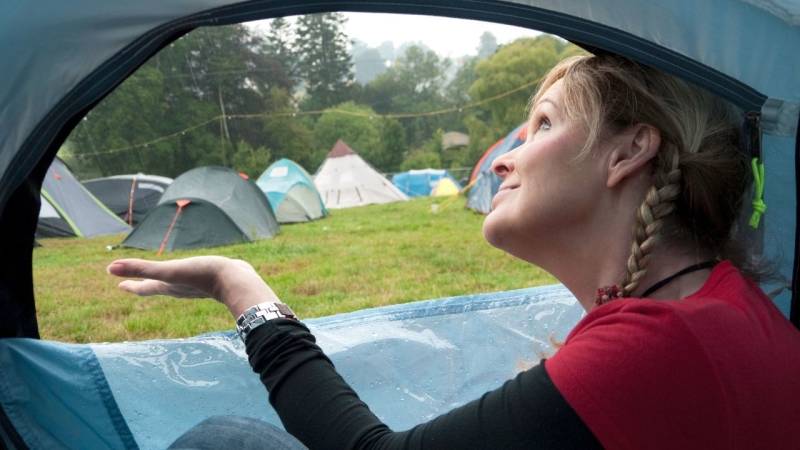
Solution
To protect yourself from unforeseen weather, you should inform yourself about the weather conditions in advance and take appropriate precautions, such as bringing rain gear or setting up a tent with a sturdy frame. For example, I always have a poncho with me.
2. Problem: Comfortable sleeping options
It can be difficult to find a comfortable and quiet place to sleep, especially when you have to sleep on a hard floor or an uneven surface.
Do not neglect this point! A comfortable sleeping option is like an oasis in the desert, as it is a place of rest in the midst of an uncomfortable environment.
Solution
Create comfortable sleeping arrangements. To find a comfortable sleeping option, you can bring a sleeping pad (here's my top list) or an air mattress, or use a tent with a padded groundsheet. It's also worth bringing a comfortable sleeping bag (here's my top list) and pillows. If you prefer even more comfort, bring a cot.
Reading tip: Sleeping comfortably and deeply while camping is important so that you are well-rested and energized the next day. Learn here how to sleep best in a tent.
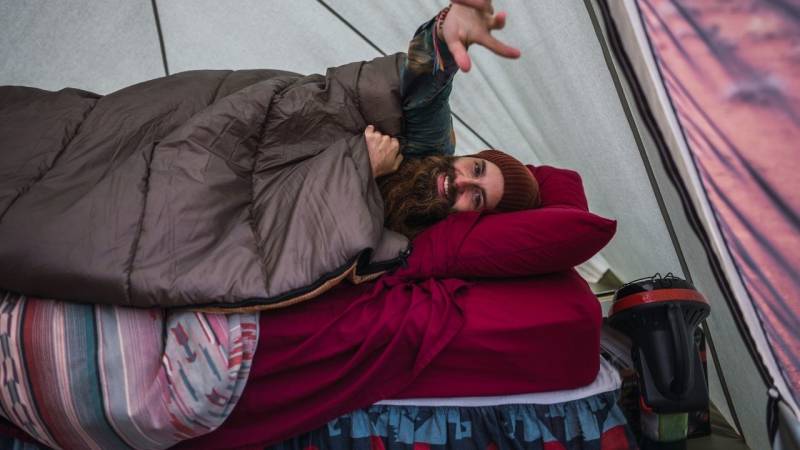
3. Problem: Hygiene
It can be difficult to stay clean and have access to sanitary facilities while on the go. If you are camping in a tent or a motor home, it can be especially challenging to use a toilet or a shower.

Furthermore, You may be on campsites with limited access to sanitary facilities. In some areas, it can also be difficult to find or cook clean drinking water, which further complicates the hygienic conditions.
Also read
Discover my tips and tricks for outdoor hygiene to stay healthy and clean in the wilderness - I'll show you my tips on how to maintain your hygiene in the wilderness with simple methods, stay healthy, and respect nature at the same time.
Solution
To stay clean on the go, you should bring a portable toilet (like the BOXIO Trenntoilette, here is my review), a portable sink (here is my review of the BOXIO-WASH), or a camping shower. You can also bring small bottles of soap, shampoo, and other hygiene products to wash yourself on the go.
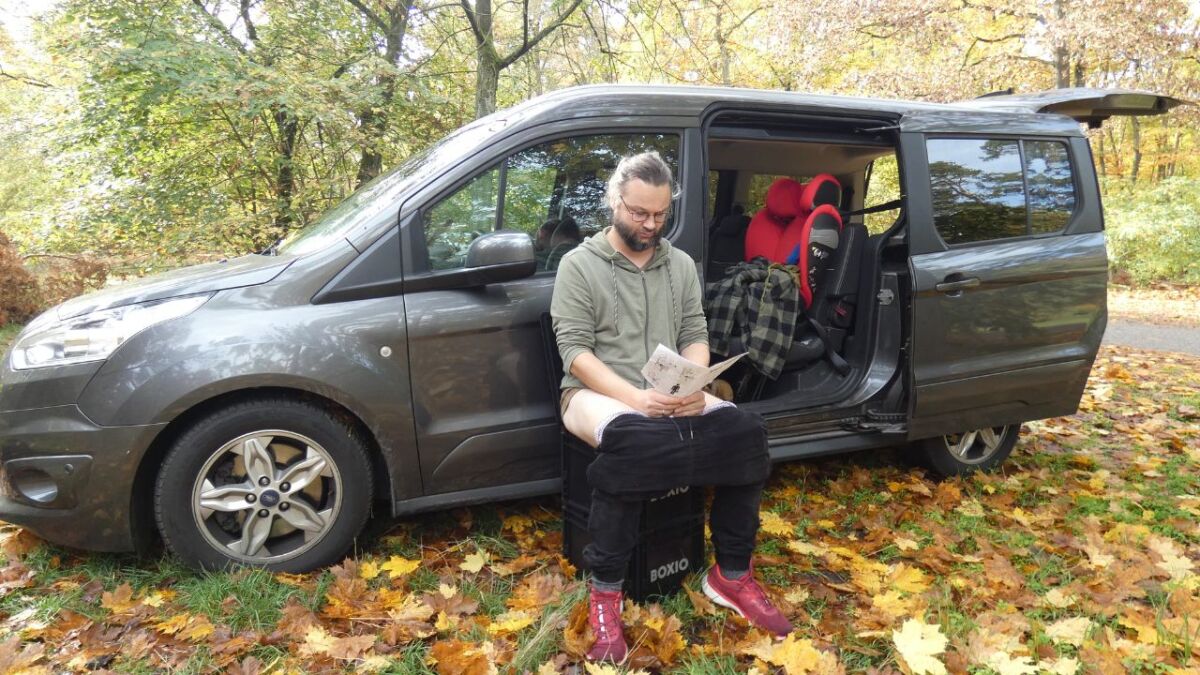
4. Problem: Cooking and Food
It can be difficult to cook and have adequate food supplies while camping, especially when you are camping in remote locations.
You may need to do without electricity or gas and instead rely on alternative methods for cooking and food preparation.
Likewise, You may have difficulties getting fresh food at the campsite or that you have limited storage options to keep your food fresh.
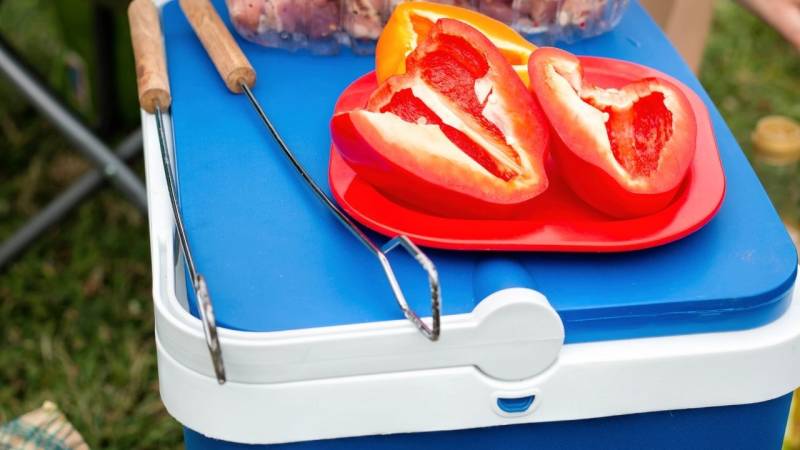
Solution
To feed yourself at the campsite, you can bring a camping stove or a grill and bring food that is easy to prepare, such as dry food, breakfast cereals, or snacks.
You can also take supplies of dried fruit, nuts, and other long-lasting foods to strengthen yourself in between. It is also worth taking sufficient supplies of water and other drinks with you.
If you have the opportunity, you should also take fresh food such as vegetables, fruits, and meat and store them properly to keep them fresh for as long as possible. A refrigerator or a cooler box can also be useful for keeping food fresh, especially if you are traveling for a longer period of time.
Reading tip: Whether annoyed, not in the mood, or no time while camping: Get here 45 recipe ideas and 7 detailed recipes where you don't have to cook while camping.
5. Problem: Equipment
It can be difficult to bring and store everything you need for a successful camping trip, especially when you have limited space.
You may need to decide which items to take with you and which ones to leave at home, and make sure that everything can fit in your luggage.
It is also important to organize your equipment well to ensure that you can easily find it when you require it.
It's like organizing a wardrobe. You want to keep all possible clothing items, but you have to limit yourself to the essentials and organize well to have adequate space for everything.
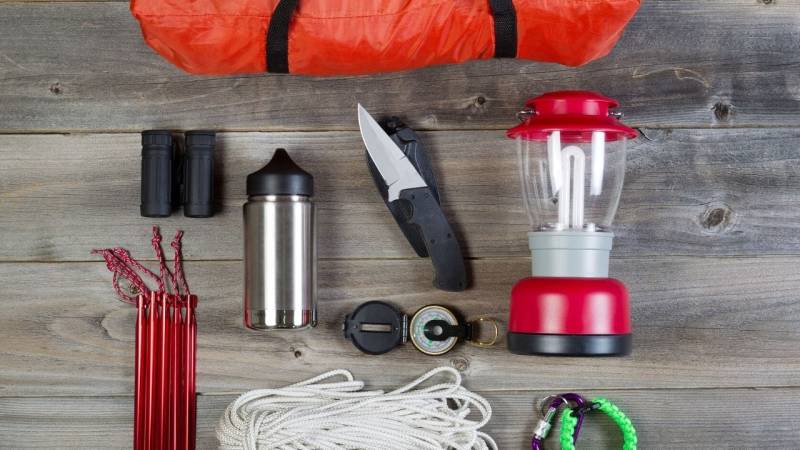
Solution
To ensure that you have everything you require for a successful camping trip, you should create a packing list and make sure that all essential items are included on it.
That includes things like a tent, sleeping bag, sleeping pad, camping stove, cooler, first aid kit, and other significant equipment items. You should also make sure you have enough space to store everything and bring additional luggage if needed.
If you organize your equipment well and limit yourself to the essentials, you will have enough space and find everything you require when you require it.
Do you want to make packing for your next camping trip easier? Then download the free printable checklist for your camping equipment!
6. Problem: Security
There is always the risk that something can go wrong or that you can get injured when camping in the wilderness. It is therefore important to be prepared and take the necessary precautions to ensure that you feel safe during the trip and have no fear while camping.

But don't worry, if you happen to get injured - you can always claim that you were attacked by a bear. That may sound a bit far-fetched, but at least you'll have a good story to tell your friends. ;-)
Solution
To feel safe during a camping trip, you should take the necessary precautions, such as bringing a first aid kit and an emergency kit. You should also make sure to respect the rules of the campsite and pay attention to the safety instructions.
Read here what I have in my first aid kit.
7. Problem: Transport
It can be difficult to find suitable transportation for your camping equipment, especially if you have a larger tent or a lot of gear.
You may need to pack your equipment into multiple vehicles or transport it on the roof or in a trailer.
It is also possible that you are having difficulty finding a vehicle that is large enough to transport everything you need.
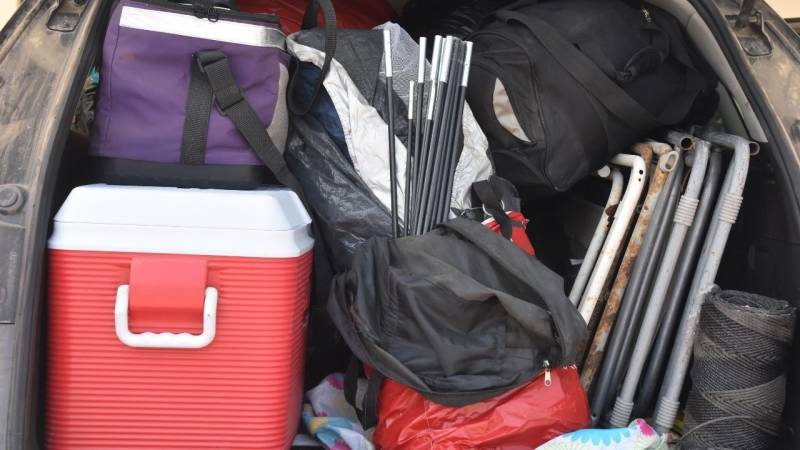
Solution
In order to find a suitable means of transportation for your camping equipment, you can rent a trailer or rent or buy a vehicle with enough space for everything you need.
If you have a larger tent or a lot of equipment, it may be worthwhile to invest in a vehicle with more space to ensure that you transport everything comfortably.
If you decide to transport your equipment on the roof or in a trailer, you should make sure that everything is securely fastened to avoid loss or damage during the journey.
8. Problem: Entertainment
During longer camping trips, it can be difficult to keep yourself entertained, especially when the weather is bad or when you are in remote locations.
You may have to spend a long time in your tent or camper or stay at the camp if the weather is not good enough to engage in activities.
It is also possible that you may have difficulty finding entertainment options when you are in remote areas.
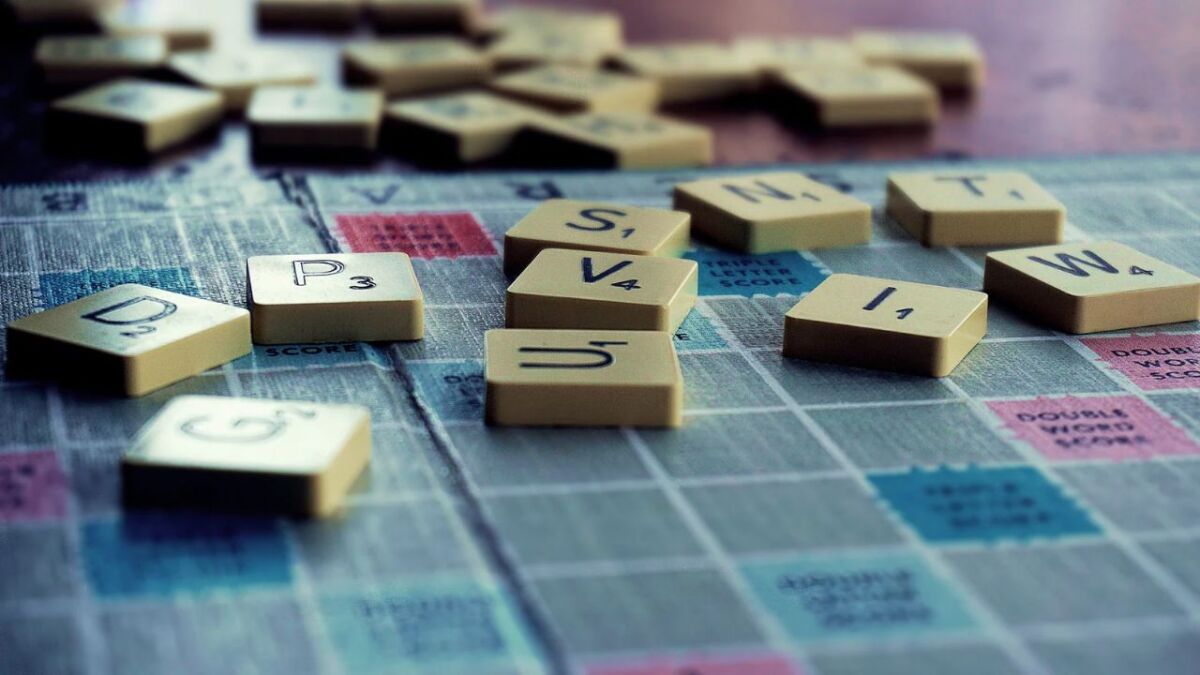
Solution
To keep yourself entertained during longer camping trips, you can bring books, games, or electronic devices, or try activities such as hiking, cycling, or fishing. You may also consider bringing friends or family members along to have company.
If the weather is bad, you can also try indoor activities such as puzzles or card games. It is also worth researching before the trip if there are any interesting sights or excursion destinations nearby that you can visit to keep yourself busy.
And if all else fails, maybe you'll watch a movie on your smartphone in the tent while it's raining?
9. Problem: Power Supply
It can be tricky to get access to electricity at the campsite to charge or use your electronic devices.
Another problem that can come with this is that some electronic devices like laptops, smartphones, and cameras consume a lot of power and quickly lose their battery life.
That can be particularly frustrating when you need them for important tasks like navigating or taking photos.
Solution
One option is to bring a portable solar panel (here are some recommendations) to charge electronic devices on the go. These panels are typically lightweight and easy to transport, and can be attached to a backpack to charge them during the hike.
There are also power banks (here's my top list) that you take with you to charge electronic devices when you don't have access to a power outlet. If you're traveling by car, I recommend a power station with a solar panel (find my best power stations here).
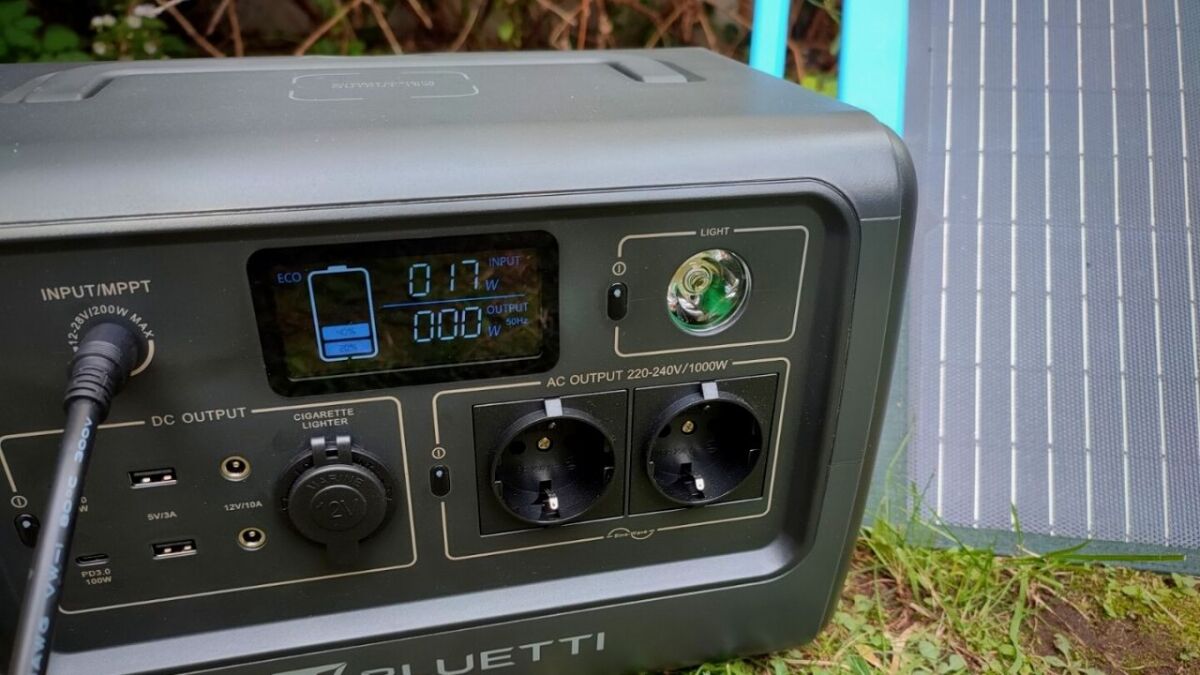
Another way to use electronic devices is to rely on devices that have long battery life, or make sure to have enough spare batteries with you.
It is also possible to find electrical outlets at some campsites that you can use to charge your devices. However, please note that these usually come with a daily fee.
So it is important to inform yourself in advance and take the necessary precautions to ensure that you have access to electricity during your camping trip.
Also read
Camping without battery stress: 11 effective tips for charging your smartphone outdoors - Discover 11 simple and effective ways to charge your smartphone while camping. Never worry about a dead battery in nature again.
10. Problem: Waste disposal
It is advisable to keep the campsite clean and dispose of the garbage properly, but this can sometimes be difficult, especially if there are no trash bins or if you are on the go.
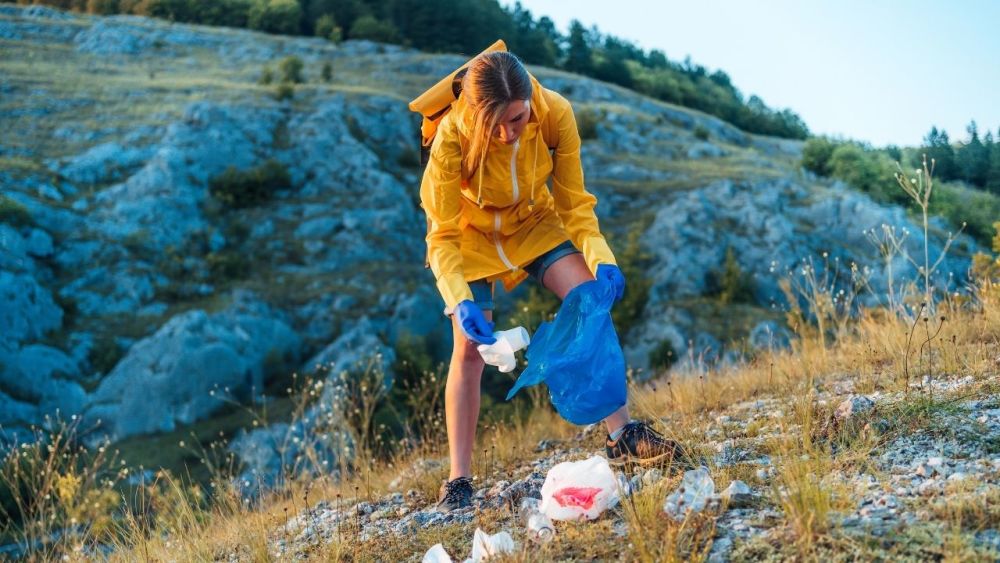
Solution
In order to keep the campsite clean, you should dispose of the garbage properly and ensure that all trash bags are regularly emptied.
When you are on the go, you should take the trash with you and dispose of it in a suitable place when you have access to trash cans again. It is also essential to properly sort the trash and ensure that it is disposed of in an environmentally friendly manner to protect nature and the environment.
It is also worth using reusable containers and packaging to reduce your waste.
11. Problem: Mosquitoes and other insects
Mosquitoes and other insects can significantly impact your camping experience by biting or annoying you.
You may be disturbed while sleeping or constantly have to apply insect repellent. If you are sensitive to mosquito bites, it can also be painful when you get bitten.
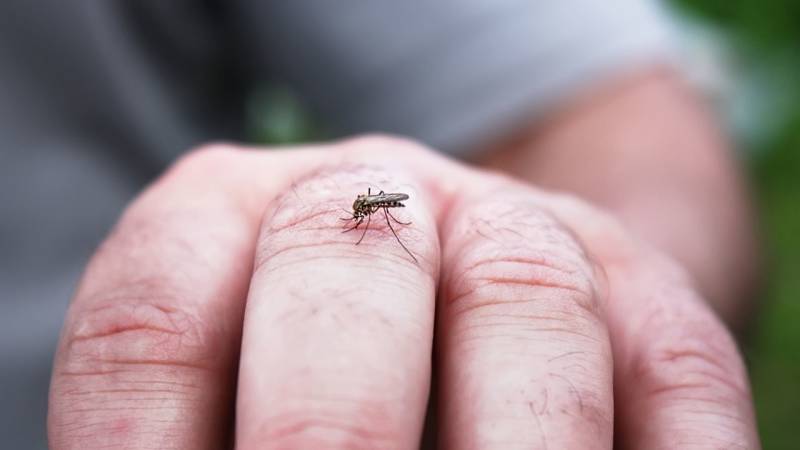
Solution
To protect yourself from mosquitoes and other insects, you should use good insect repellent and protect yourself with long clothing and mosquito nets (find more solutions here).
You can also try natural insect repellents like plant oils or herbal blends. It's also worth paying attention to where you sit or lie down and avoiding areas that attract insects, such as garbage or trash cans.
You should also make sure that you have enough ventilation to keep insects away, and make sure that your food and drinks are covered to ensure that insects do not fall into them.
If you are in an area where certain insect species are more common, you should inform yourself about possible protective measures and prepare accordingly before your trip. For example, camping by a lake in Norway in the summer is not ideal (due to an extremely high number of mosquitoes).
12. Problem: Unexpected Costs
Camping trips can incur unexpected costs, such as the cost of the campsite or unforeseen repairs to the equipment.
Solution
In order to avoid unexpected costs, you should create a realistic budget plan and make sure you have enough money to cover all planned expenses.
You should also make sure to carefully maintain and service the equipment to avoid unexpected repairs. Definitely bring some cash with you so that you can cover any unexpected expenses.

13. Problem: Unexpected Events
There is always the risk of unexpected events, such as natural disasters or illness-related disruptions, that can affect the camping experience.
Solution
To prepare for unexpected events, you should consider in advance what you would do in the event of a natural disaster or illness-related absence.
You may also consider taking emergency contacts and numbers and familiarizing yourself with local emergency protocols and procedures. It is also worth bringing an emergency kit and first aid equipment to be prepared for any eventualities.
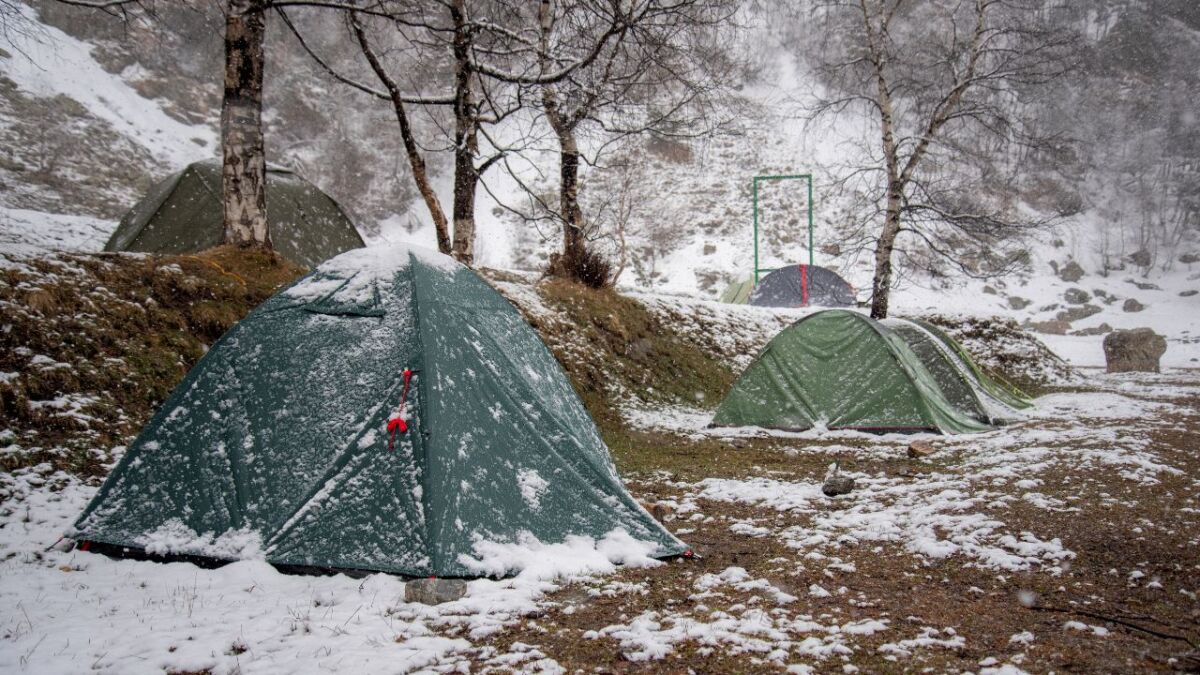
14. Problem: Time Management
It can be difficult to plan the right time for a camping trip, especially when considering when the campsite is open and when the weather is best.
Solution
In order to plan the appropriate time for a camping trip, you should inform yourself in advance about the opening hours of the campsite and the weather.
You should also consider whether there are any special events or occasions in the area at certain times that you might want to attend. It is also worth choosing the timing of the trip according to the season and the preferences and needs of the travel group.
I like to travel to campsites in spring and autumn because there are not many people, and I am almost alone with my family.
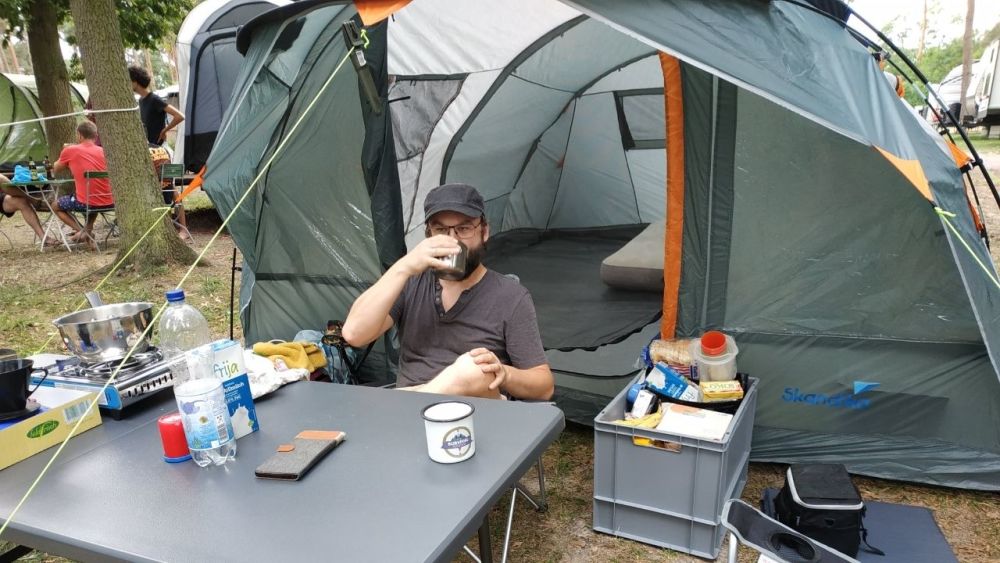
15. Problem: Communication
It can be difficult to stay in touch with others during a camping trip, especially when you are in remote locations or when reception is poor with your smartphone.
Solution
In order to stay in touch during a camping trip, you can bring a portable radio or a satellite phone, or research the reception in the area beforehand and make appropriate arrangements.
You should also consider bringing a mobile hotspot for your smartphone to have access to the internet. It is also worth taking contact information and emergency numbers of friends and family members to call in case of an emergency.
Summary
Camping can be a great experience if you are well-prepared.
There are some challenges and problems that can arise while camping, but there are also many opportunities to solve them.
For example, one should inform oneself in advance about the weather conditions and take appropriate precautions to counteract unforeseen weather.
Moreover, comfortable sleeping arrangements are important to have a restful night. It is also worth taking portable toilets or showers to stay clean on the go.
If you prepare well, camping can be an unforgettable experience and the perfect opportunity to enjoy nature and relax from everyday life.


Author of the guide
Martin Gebhardt
Hey, I'm Martin. On my blog, you will learn the basics and numerous details about living in the wild. I think survival, bushcraft and the good life in nature are the keys to happiness. Find me here on Instagram or on YouTube. You can find more about my mission on the About Me page.
Was this guide helpful?
18 people found this guide helpful.
5.00 out of 5 points (18 Ratings)
Comments (0)
This post may contain affiliate links. So if you click on the links and make a purchase, I will receive a small commission at no additional cost to you. Click here, to learn more about it.


